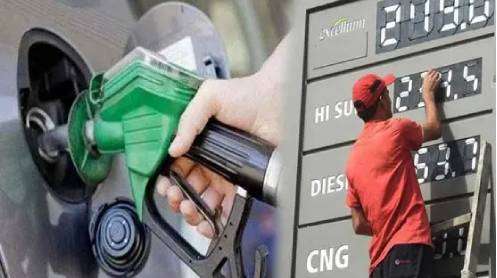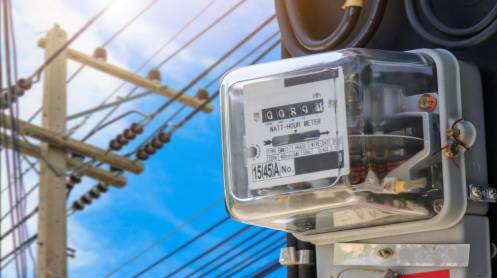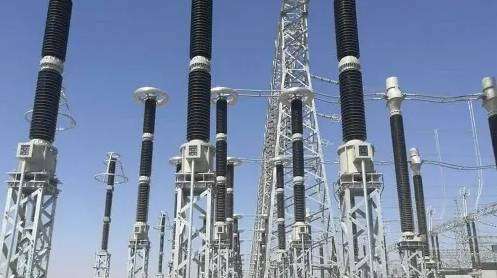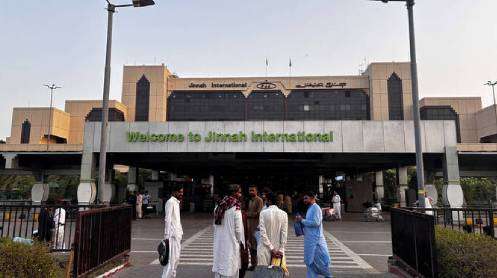ISLAMABAD, July 15, 2025 — Petrol and diesel prices in Pakistan are set for another hike in the upcoming fortnight due to rising global oil prices and higher import premiums, industry sources revealed.
Petrol prices are expected to increase by Rs5.25 per litre, taking the ex-depot rate to around Rs272.04, while high-speed diesel (HSD) may go up by Rs6.50, reaching Rs279.48 per litre. The final rates will be officially announced following government approval.
Currently, petrol is sold at Rs266.79, after an Rs8.36 hike on June 30. Diesel, which fuels transport and agriculture, stands at Rs272.98 after a Rs10.39 increase earlier this month.
While petrol is widely used in private vehicles and by low-income households, diesel price hikes have broader inflationary impacts—raising costs of food, transport, and logistics. Transporters have already started revising fares in anticipation.
In contrast, kerosene and light diesel oil prices are expected to fall by Rs3.80 and Rs2.25 per litre, respectively.
Despite zero GST on petroleum products, the government continues to collect nearly Rs98 per litre in total levies—including a petroleum development levy (PDL) of Rs78.02 on petrol and Rs77.01 on diesel, a climate support levy (CSL) of Rs2.25, and customs duties of Rs20–21 per litre. Oil marketing companies and dealers collectively earn around Rs17 per litre.
Petrol and diesel dominate the market, with monthly consumption of 700,000 to 800,000 tonnes, compared to just 10,000 tonnes for kerosene.
In FY24, the government raised Rs1.161 trillion through the petroleum levy and aims to boost this by 27% to Rs1.470 trillion in FY25, keeping petroleum a key revenue source.
Meanwhile, international oil prices dipped by 1% on Monday. Brent crude fell 79 cents to \$69.57 a barrel, while WTI dropped \$1.07 to \$67.38, as markets weighed U.S. threats of sanctions on Russian oil buyers and a 50-day peace deadline set by former President Donald Trump.
Analysts say the market’s initial rally faded due to the extended negotiation window, which tempered supply concerns.
Story by Khaleeq Kiani







